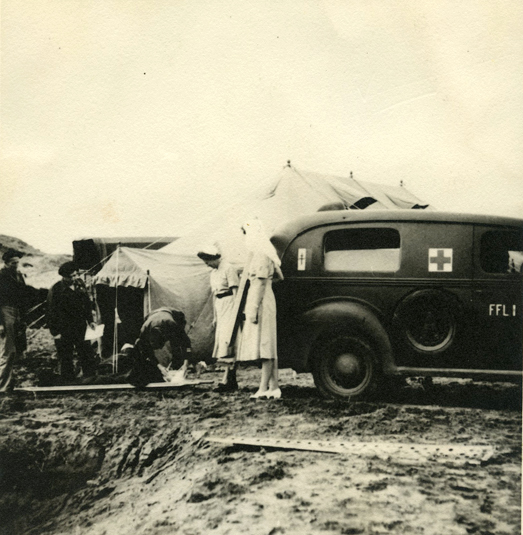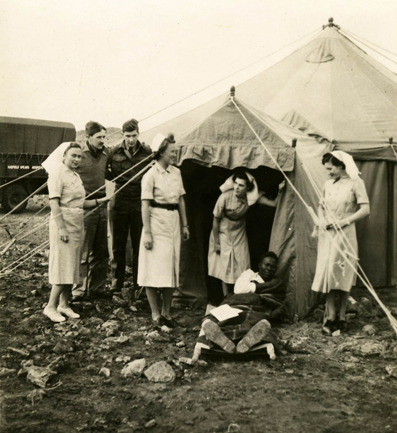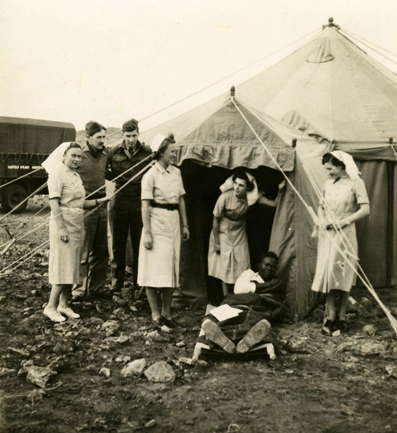
This project offers the first intimate history of international medical cooperation during the Second World War, through an examination of close bodily encounters between medical staff and patients in various sites across the world. It transcends institutional and state-centred approaches that currently dominate the historiography of Allied medicine and international health cooperation to assess how intimate care relations reshaped existing colonial and inter-allied relationships. The Second World War elicited important new physical, cultural and bodily encounters between individuals of diverse gender, ethnic, national, class, age, professional and religious backgrounds. These forms of interactions have yet to be addressed in a transnational context and on a grass-root level. This project interrogates how these intimate hospital encounters transformed individual and collective group identities, shaped international diplomatic and military cooperation and, in some cases, fuelled anti-colonial dynamics. Drawing on the methodologies associated with the global micro-history turn, we focus on different medical spaces of the French external Resistance in the Middle East, Africa and Europe.

RESEARCH QUESTIONS

SOURCES
We are using a range of different sources, including military documents, memoirs, diaries, missionary and field hospitals’ records from 19 archival repositories across the world.
PUBLIC ENGAGEMENT
School Workshops in collaboration with East Manchester Academy and Cedar Mount Academy. (Click here to find out more about these workshops).
Researching the History of Violence, Health and Care in Wartime, c. 1860-2000s. (Click here to view the programme).
RELATED PROJECTS
Researching the Impact of Attacks on Healthcare (RIAH).
Consortium led by Dr Larissa Fast (HCRI, University of Manchester). RIAH consists of academics from HCRI, the University of Geneva (Centre for Education and Research in Humanitarian Action), the Johns Hopkins Bloomberg School of Public Health, and the University of California, Berkeley.
Click here to learn more about this project and the work of Laure Humbert and Bertrand Taithe on historical perspectives on Attacks on Healthcare.
The Modern Mind at Sea: Medical Care and Masculine Culture in the Royal Navy during the Second World War. Project led by Dr Frances Houghton, Simon Fellow, University of Manchester.
